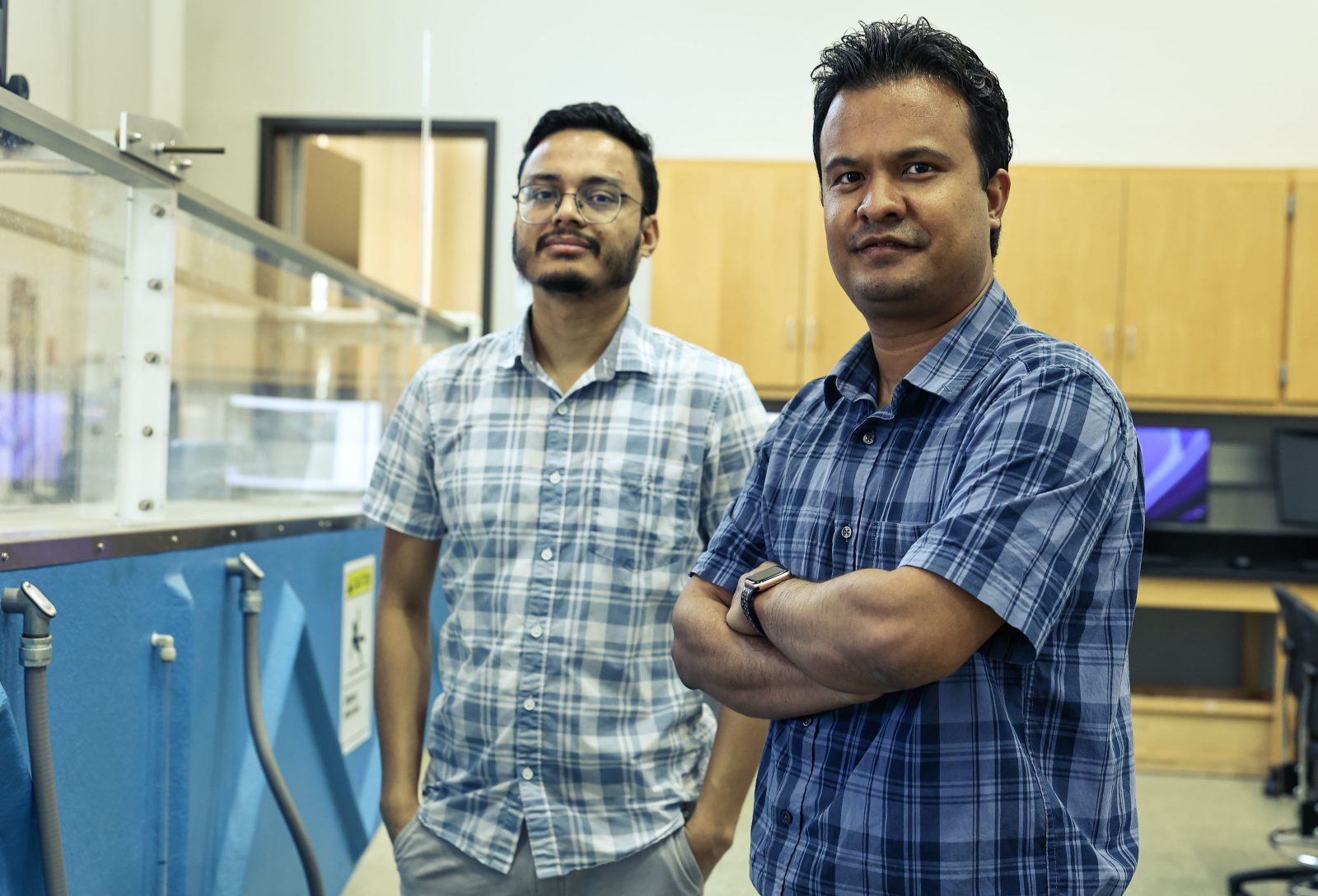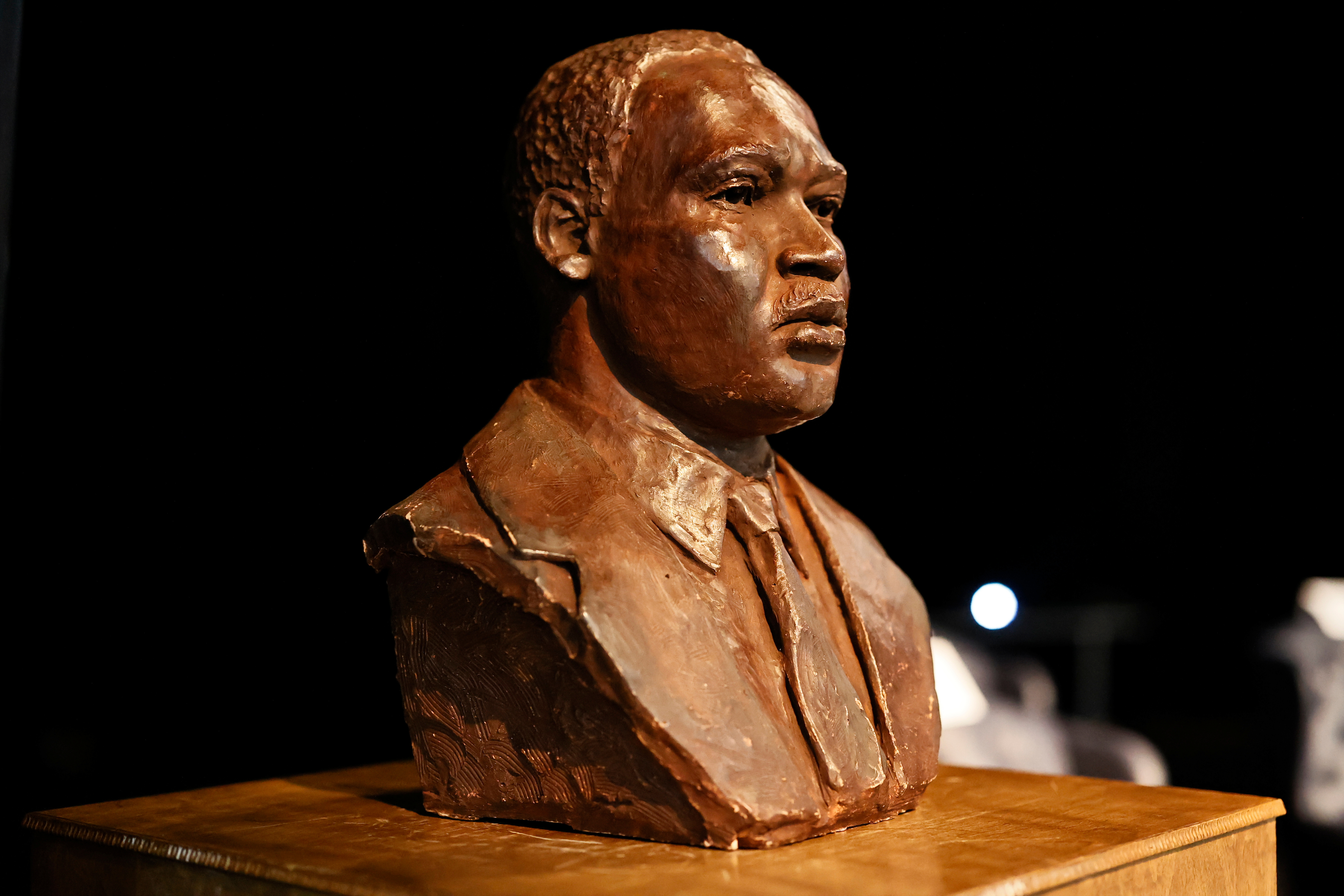by Aron Smith
Jackson State University’s College of Science, Engineering, and Technology Assistant Professor Rocky Talchabhadel, Ph.D., is advancing research development as one of seven distinguished recipients of this year’s Faculty Research Seed Grant, awarded by JSU’s Division of Research and Economic Development.
The grant funds will support his groundbreaking research titled “A Comprehensive Data-Model Integration Framework for Advancing Predictive Understanding of Compound Coastal Heatwave and Flooding,” which aims to address the growing environmental challenges coastal communities face.
ConSandra McNeil, Ph.D., Interim Vice President of Research and Economic Development at JSU, expressed her excitement about the potential impact of the awarded research projects.
“The Faculty Research Seed Grant Program is designed to support transitional and exploratory projects that can significantly advance our understanding and capabilities in various fields,” said McNeil. “It’s open to faculty members at any level, allowing them to develop their ideas into fully-fledged research proposals.”
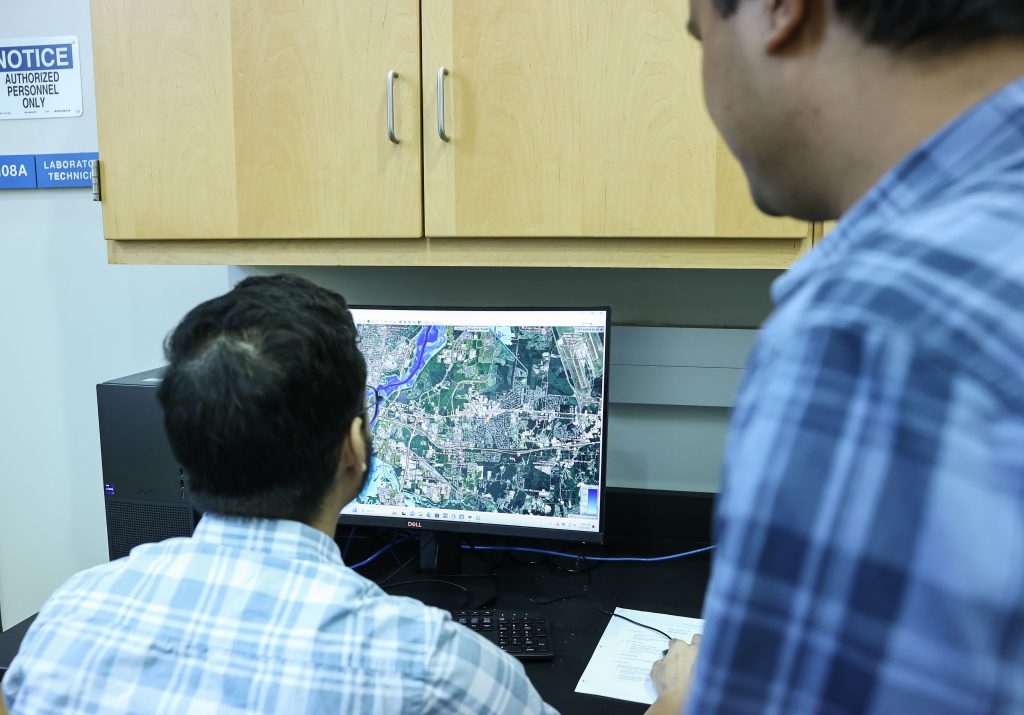
This year, JSU has successfully funded seven diverse projects, each selected through a rigorous process involving external evaluation by a former National Science Foundation (NSF) program officer. This evaluation ensures the highest standards and objectivity in the selection process, setting a robust foundation for future funding and development.
Talchabhadel’s research aims to address the growing environmental challenges coastal communities face.
“With the changing climate, these hazards are becoming more frequent and intense,” Talchabhadel explained. “Instead of looking at individual hazards, this project will focus on their interactions. We need to study these interactions to model the real impact accurately.”
Although the research has global implications, Talchabhadel initially concentrates on the Gulf of Mexico, a region critically affected by these escalating climate challenges.
“Nearly 50% of the U.S. population lives within 50 miles of the coast,” Talchabhadel said. “Understanding the compounded impacts of coastal hazards is crucial for protecting these communities and their infrastructure.”
McNeil emphasized the program’s broader impact on JSU’s research ecosystem. “By supporting faculty research through seed grants, we are building our research infrastructure and enhancing our reputation as a research institution,” she said. “The involvement of students in these projects is also critical.”
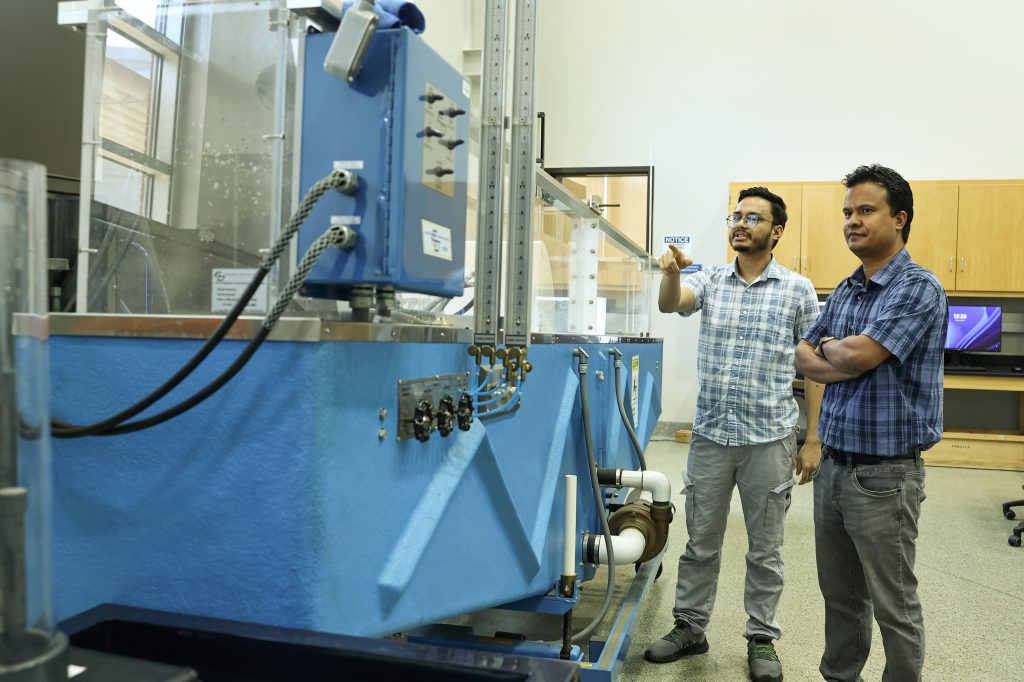
Sunil Bista is a first-year Ph.D. student majoring in civil engineering. He is working with Talchabhadel and plays a crucial role in the project. The Nepal native’s responsibilities include using hydrologic and hydrodynamic tools to collect data from NASA centers and predict future scenarios.
“The initial findings show that two water treatment plants serving around 15,000 people in Jackson could be flooded in the next 50 years,” Bista reported.
Reflecting on his research experience, Bista expressed gratitude for the opportunities and support provided by JSU. “Working with Dr. Talchabhadel has been transformative. He is a mentor who encourages us to explore our interests,” he said. “His support in attending conferences helps us stay informed about the latest research developments.”
Talchabhadel welcomes collaboration from various disciplines to participate in his research. “We need expertise from computer science, biology, socioeconomics, and more,” he said. “Together, we can develop innovative solutions for addressing the real-world challenges posed by compounded coastal hazards.”
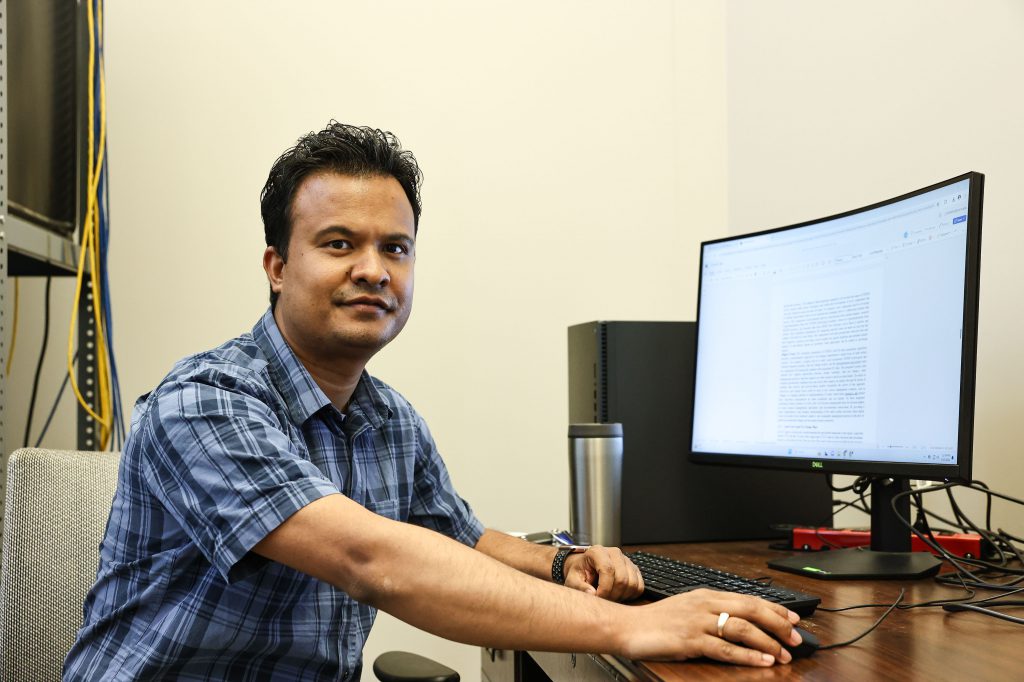
Looking ahead, Talchabhadel envisions expanding his research to a global scale. “My long-term goal is to develop a comprehensive definition of compound hazards and create a modeling framework that can be applied worldwide,” he said. His support in attending conferences helps us stay informed about the latest research developments.”
With its comprehensive support system and emphasis on collaborative, interdisciplinary work, the seed grant program promises to be a cornerstone of JSU’s research enhancement efforts.
McNeil shared a message of encouragement for all faculty considering participation: “Keep pushing the boundaries of what is possible. With the right resources and support, there is no limit to what we can achieve together.”
Other distinguished Faculty Research Seed Grant recipients include:
- Joon Young Lee, Ph.D., – “Community Connections: A Community-Based Approach to Virtual Yoga Programs for Mental Health Among Underserved Children”
- LaTarsha Michael, Ph.D., – “Enhancing Learning Experiences Through Alternate Teaching Methods for Students with Disabilities”
- Maricica Pacurari, Ph.D., – “Improving Cardiac Function in a Diabetic Mouse Model”
- Brian Phillips, Ph.D., – “Disenfranchisement, Difference and Desengaño: Normalization through Nonnormativity in Early Modern Spanish Literature and Culture”
- Yonghua Yan, Ph.D. – Initial Exploration of Machine Learning-Based Predictions for High-Speed Complex Fluid Dynamics
- Eunkyung Yoon, Ph.D., – “A Pilot Study on the Efficacy of Solution-Focused Therapy for Rural Women with Substance Use Disorder.”



